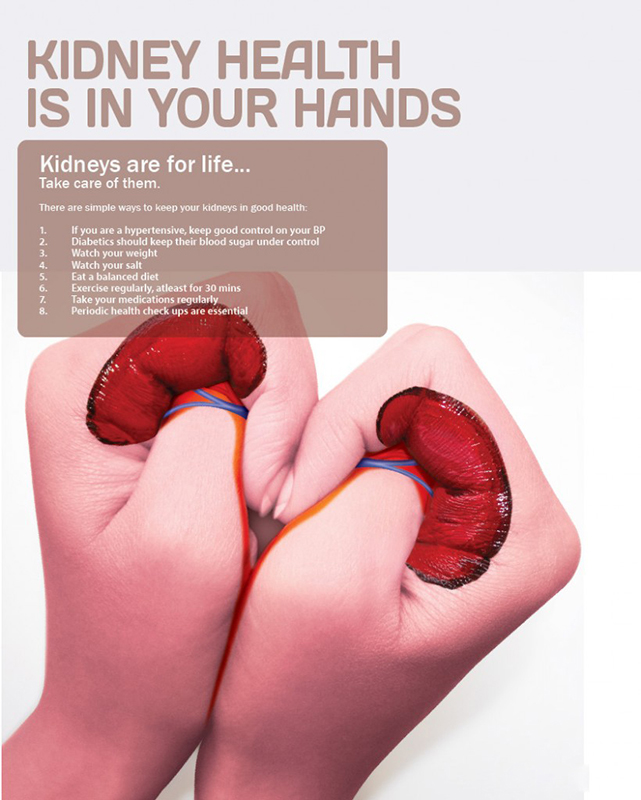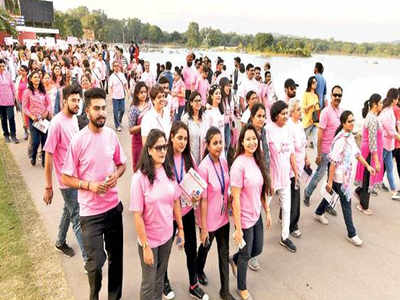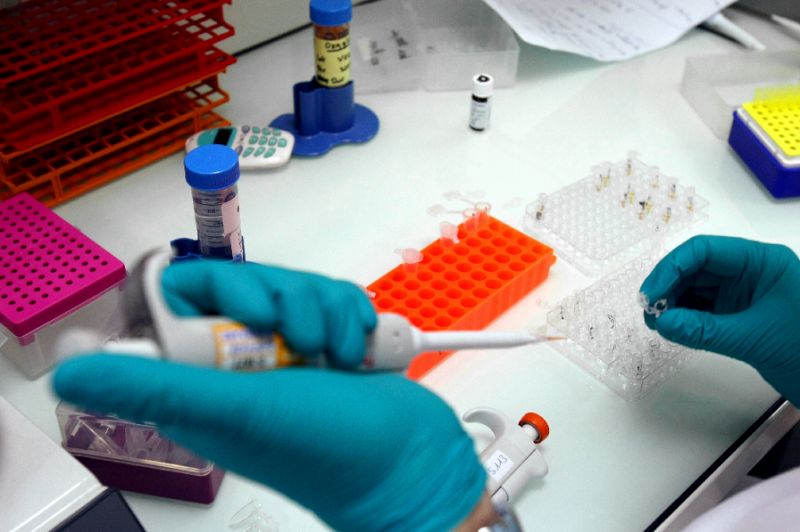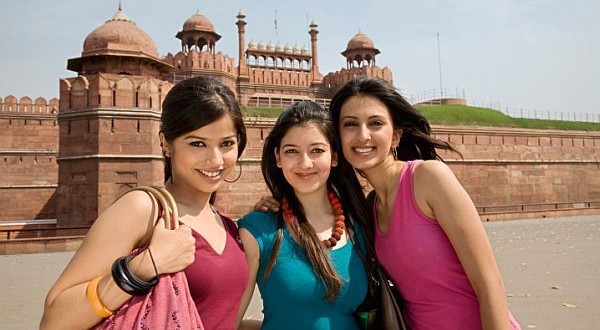New Delhi| Ekta Purohit
In India 10 % of population has some type of kidney disease. All India Institute of Medical Science is on its research in 8 states of India on the Chronic Kidney Disease.
In the year 1989, AIIMS set up its first dialysis unit with 13 machines of dialysis. While, the number of cases of Chronic Kidney Disease (CKD) increased over the years. Now in 2015, the number of dialysis machines remains the same.
According to Dr.S.K.Agarwal, HOD Nephrology Department, AIIMS every year around 3000 new patients come to AIIMS among them 70% having high stage kidney disorder but only few of them get proper treatment.
While talking to HealthLive Dr.Agarwal said “We appreciate the step taken by central government in the Union Budget 2016-17 proposed to open dialysis units in all district hospitals in our country but,such kind of infrastructure cannot bring dramatic change”. It cannot be implementing as of sudden due to unavailability of specialists to treat patients.
“India has only about 1,400 nephrologists and they are concentrated mostly in cities. We need to train more physicians to treat such cases.
Further he told to HealthLive that, there are certain programmes run by IGNOU for Physicians and other doctors to train them for the same.
We run the dialysis unit for 24hrs. Still, only a few can be treated while most patients are left and we told them to treat themselves in private or other hospitals, after the initial dialysis because we cannot provide lifelong services,” said Dr Sanjay Agarwal, professor and head, department of Nephrology at AIIMS. 
Patients with failed kidneys require lifelong dialysis, which, in simple terms, means cleaning waste products from the organ. It cost Rs.30,000 per month.
Dialysis and transplant, a definiti treatment for kidney failure, has picked up but the lack of donors has come in the way of meeting the demand. The situation in other government hospitals in Delhi, including Ram Manohar Lohia, Safdarjung and Lok Nayak, is equally bad as they have failed to increase the number machines to cater to a high number of patients.
For kidney donation we are encouraging those families in which member had brain death said senior faculty of AIIMS. He said there is no age limit for the kidney transplant.
.
On the eve of World Kidney Day (10th March) on Thursday a workshop was organized at AIIMS, New Delhi for the patients suffering from Chronic Kidney Disease.
Senior doctors said the main causative factors of CKD are diabetes, hypertension, swelling, Urinary problem, pain in bones and regular fracture of body parts. If the disease timely diagnose then it can be treated.
For now, focus must be on creating awareness about the disease and pushing those in the high-risk category for regular screening to ensure early detection of CKD, said Dr.Sandeep Mahajan, senior facutlty at AIIMS
Urine protein and Creatinine blood test are the two tests for detecting the kidney functions.










